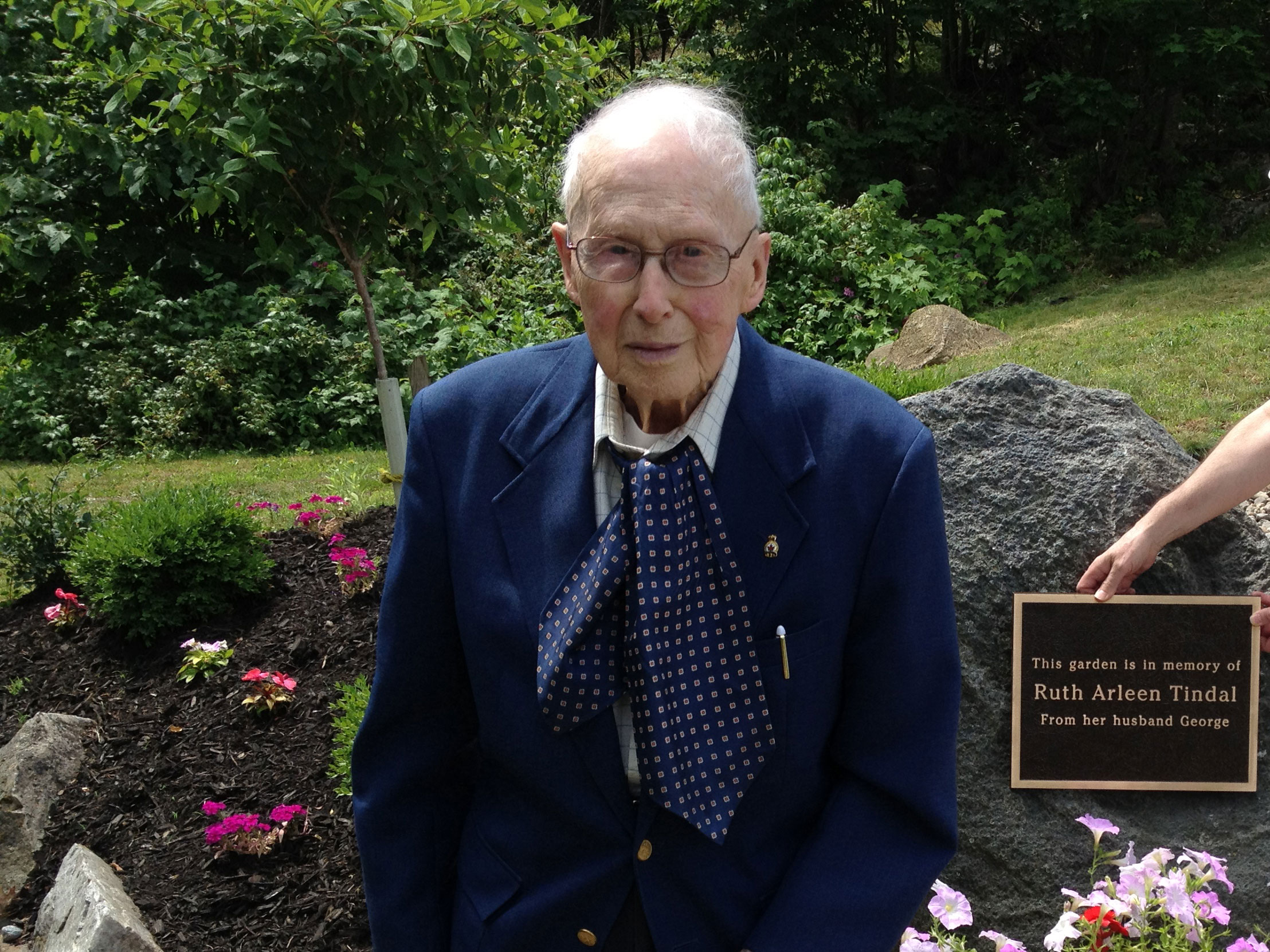As I went to bed last night I wondered about the colour of the shooter’s skin, and what that would mean for how we labeled his actions and what we did about them. If he was brown, we’d call him a terrorist and use him as an excuse to punish other brown people. If he was white, we’d do nothing. Since the former creates additional harm and neither is of any use, I idly hoped he was white. I never wondered if he was a man, though. I already knew he was a man.
The gender of a mass shooter isn’t one of those facts we wait for in the aftermath, it’s a fact that we mostly choose to ignore. In the post analysis, gun control is not the elephant in the room, because a metaphorical elephant is a big, obvious thing you don’t acknowledge. Even people who don’t want to make it about guns are saying “don’t talk about guns.”
Humans are great at seeing patterns, whether they exist or not. Loud, vocal groups of people see patterns of muslim crime, of gun crime, of looking-the-other-way when the perpetrator of gun crime is white. The most obvious pattern of all, that almost all mass murderers are male, doesn’t get nearly as much airtime.
Which is not to say there aren’t people drawing attention to it. Women are drawing attention to it. Women are very aware of male violence, and the reality of how deadly it can be. But those aren’t the voices that get amplified. Those who control the narrative — primarily media outlets and politicians — don’t talk about the gender of these murderers nearly as much as we talk about guns, or even as much as we talk about not wanting to talk about guns.
Because, what are you going to do? You can (and, to be clear, should, obviously) regulate a gun. Make the gun harder to get. Control who has access to the gun. How do you control and regulate male violence? How do you begin to address such a massive cultural problem? How do you even acknowledge it without challenging the entire male-dominated, male-centered, male-run world of government, religion, sports, entertainment, and business? Gun control, an apparent political impossibility in the United States, seems easy by comparison.
Mass shootings are male violence at scale. Gun violence is a wholly owned subsidiary of male violence. It can only exist and inflict its horror because of male violence. And it is nourished and protected by good, non-violent men, who don’t talk about it. Who don’t even consider talking about it. Who don’t even question why they instinctively knew the shooter was a fellow man.
